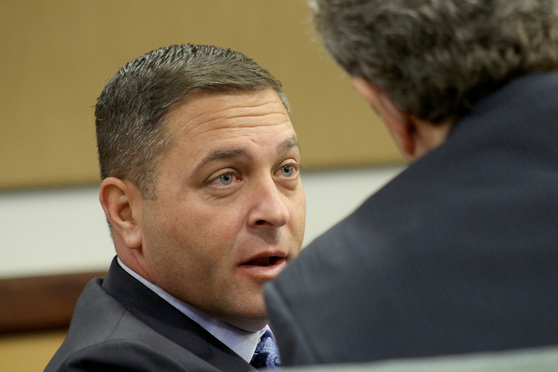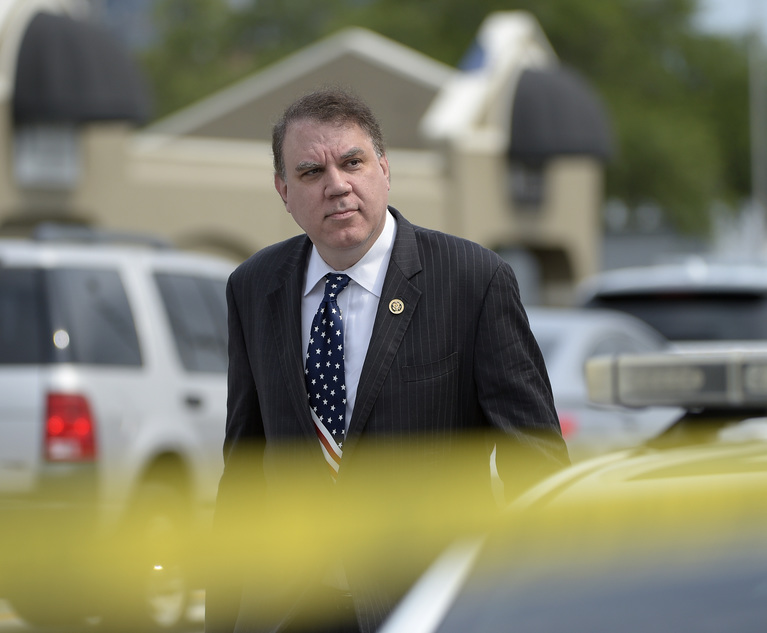Florida Supreme Court Justices appear to be weighing disbarment or a “substantial suspension” for former complex litigation rainmaker Jeremy Alters in disciplinary proceedings.
A court-appointed referee concluded the Florida Bar ”stridently pursued the wrong lawyer” for five years over $1 million misappropriated from his law firm’s trust account and recommended no sanctions for Alters.


 Attorney Jeremy Alters faces a disciplinary decision from the Florida Supreme Court. Photo: J. Albert Diaz/ALM
Attorney Jeremy Alters faces a disciplinary decision from the Florida Supreme Court. Photo: J. Albert Diaz/ALM





